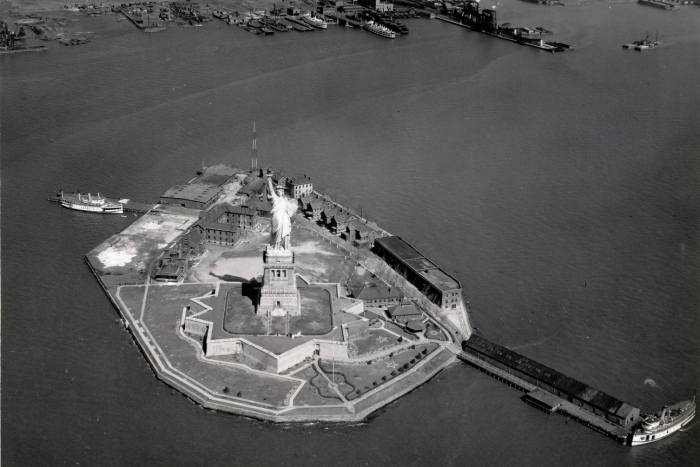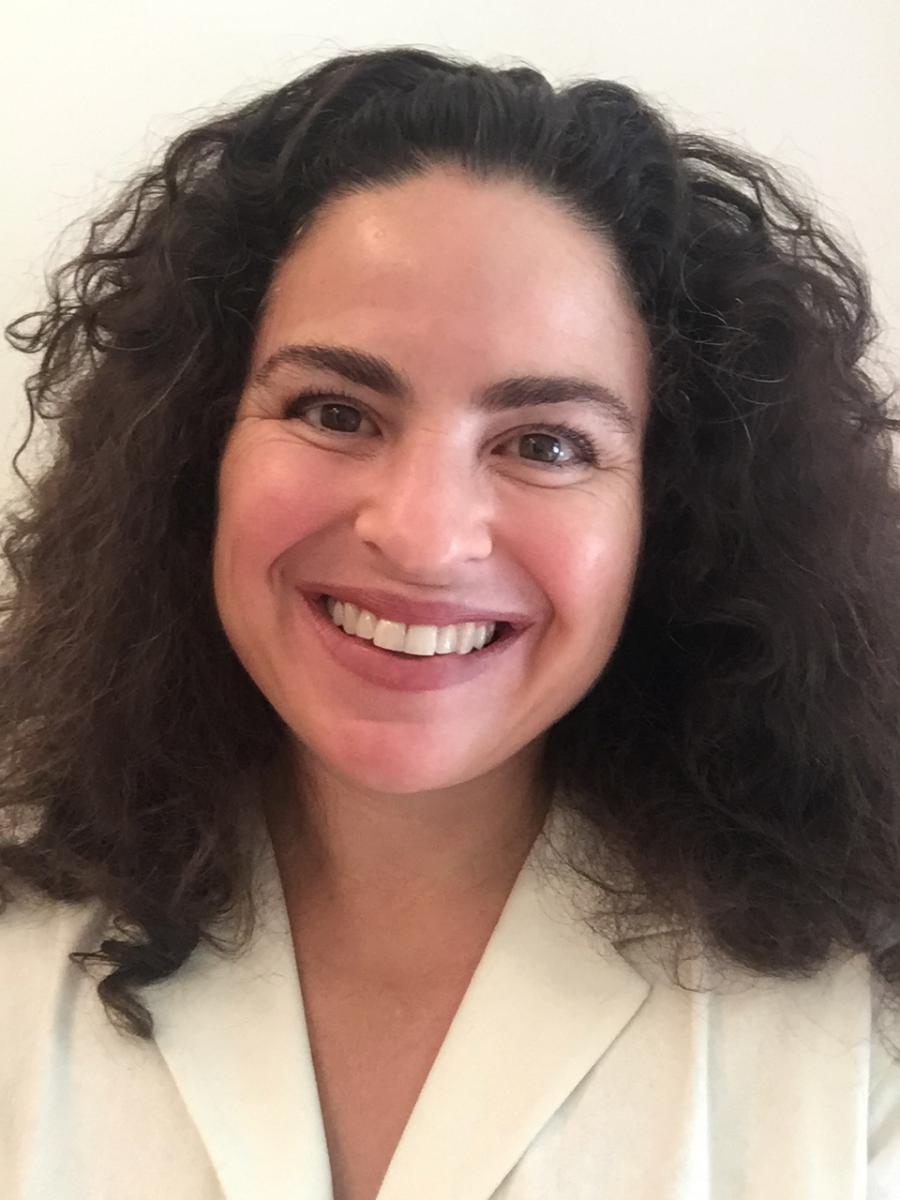
Research Seminar— How the U.S. Turned a Warehouse into an Internment Camp for European Jews

Dara Orenstein, George Washington University, will discuss her paper "'Free Ports for Refugees': How the U.S. Turned a Warehouse for Duty-Free Garbanzo Beans into an Internment Camp for European Jews."
Author's abstract for the seminar paper:
During World War II, as is widely known, Americans debated whether to provide refuge for Europeans. The problem was twofold: the immigration quotas that Congress enacted in 1924 allowed for only a trickle of visas per year from countries with large Jewish populations, and although newspapers were brimming with references to “refugees,” “refugee” was not yet available as a legal category. Discussions stalled because there was no political will for abolishing the immigration quotas, and seemingly no mechanism for circumventing them.
Then, in 1944, as is much less widely known, a columnist for the New York Post came up with a fix. He pointed to Staten Island’s “foreign-trade zone”—a 92-acre enclave colloquially referred to as a “free port,” where foreign commodities were deposited on U.S. soil but off U.S. customs territory—and he suggested that the U.S. government adopt the same technique for foreign peoples. “If we can use a legal fiction to make a dollar,” he chided, “we ought to be able to use a similar legal fiction to save a life.”
This Swiftian proposal quickly caught on, sparking a coast-to-coast letter-writing campaign, and politicians felt the pressure; within two months, President Roosevelt directed the War Relocation Authority to take action outside the parameters of the immigration quotas. Accordingly, on August 4, 1944, the U.S. Army draped baggage tags around the necks of approximately 1,000 European Jews and escorted them to an internment camp in upstate New York, where, for the next eighteen months, they lived behind barbed wire.
This paper unpacks how an extraterritorial warehouse served as both an economic and a juridical model for what was, arguably, the nation’s first immigrant detention center.
Commentator: Mark Miller, University of Delaware
The seminar is open to the public and is based on a paper that is circulated in advance. Those planning to attend are encouraged to read the paper before coming to the seminar. Copies may be obtained by emailing Carol Lockman, clockman@Hagley.org.
Reception at 6 p.m., seminar begins promptly at 6:30 p.m. in the Copeland Room of Hagley’s library building.
See more about our Research Seminar series here.
Image: Hagley Digital Archives.
